For large pockets on Wednesday, it seemed as if Pakistan would forfeit their T20 Asia Cup game against the United Arab Emirates (UAE).
Its initial demand that match referee Andy Pycroft be stood down for the rest of the tournament for his alleged ‘instructions’ to Suryakumar Yadav and Salman Agha to refrain from shaking hands at the toss shot down by the International Cricket Council, the Pakistan Cricket Board shot off a second missive to the governing body, asking that Pycroft not officiate in matches involving Pakistan.
By Wednesday afternoon, the ICC turned down that demand too, insisting among other things that the match referee ‘was not at fault in any of this’. The Pakistani board must have anticipated this response, but once it received the ICC communique, its chairman, Mohsin Naqvi, was involved in frantic confabulations with his predecessors Najam Sethi and Ramiz Raja, the former captain, working out the next course of action.
All this while, speculation grew about the fate of the match. Teams normally reach the match venue, in this instance the Dubai International Cricket Stadium, approximately an hour and a half before the start, so that they can settle in and warm up before the toss, which usually takes place a half-hour prior to the scheduled start time. UAE, under Muhammad Waseem, arrived at DICS as per schedule around 5.00 pm, only to learn that Pakistan hadn’t ventured out of their hotel.
Clearly, the Pakistani team was under instructions to sit tight and await further orders. With every passing minute, the possibility of a pullout looked increasingly realistic, until Naqvi announced on X at 5.37 pm Dubai time that the Pakistan team had been asked to ‘depart for the Dubai Cricket Stadium’. “Further details to follow,” he added.
Impact Shorts
More ShortsThe details weren’t long in coming. In a statement, the PCB observed, “The ICC’s match referee, Andy Pycroft, has apologised to the manager and captain of the Pakistan cricket team. Andy Pycroft had barred the captains of India and Pakistan from shaking hands during their match. The Pakistan Cricket Board had strongly reacted to Andy Pycroft’s actions.
“Andy Pycroft termed the September 14 incident a result of miscommunication and apologised. The ICC has expressed its willingness to conduct an inquiry into the code of conduct violation that occurred during the September 14 match.”
By the time the statement went public, the Pakistani team had reached the ground, a little before 6.30 pm. They began their warm-up routines, but all eyes were on Pycroft and Agha and how they would react at the toss. There wasn’t any outward show of bonhomie but there was no visible hostility either. Agha and Muhammad Waseem, the UAE skipper, shook hands warmly more than once at the toss and once the game ended, the victorious Pakistani team and the entire UAE squad, including head coach Lalchand Rajput, the former India opener, lined up for the customary shake of hands that was conspicuous by its absence after the India-Pakistan encounter on Sunday.
What do we make of the sequence of events that hasn’t done a lot to enhance the image of the sport? To support its version that Pycroft apologised for the ‘miscommunication’, the PCB released a video on X but in the absence of any audio, it is impossible to know exactly what was said and by whom.
🚨 Video clip of match referee Andy Pycroft apologising to Pakistan’s manager and captain. pic.twitter.com/VnBKM6ePBa
— Ihtisham Ul Haq (@iihtishamm) September 17, 2025
The ‘miscommunication’ revolves around the so-called instructions from Pycroft to Suryakumar and Agha to desist from shaking hands at the toss. The ICC's contention, those in the know of things have said, is that it had conducted a review and found the Zimbabwean ‘to have acted in complete accordance with ICC’s Code of Conduct’.
“The ICC, upon Pycroft’s suggestion, offered to have the Pakistan team captain and manager meet Pycroft in the Match Referee’s room,” sources revealed.
“During this meeting, Pycroft conveyed that there may have been miscommunication between himself and the Pakistan captain, which was regrettable. However, he reiterated that he was merely passing on a message he had received from the venue manager and did not violate the code in any way.”
As for the PCB’s contention that the ICC had expressed its willingness to conduct an inquiry into the code of conduct violation, the governing body’s stance, it is learnt, is clear. The world body has asked the PCB to provide further information that demonstrates any violation of the code of conduct.
All a little bit messy, everyone will agree. The Asia Cup was meant to bring the best eight teams in the continent together to parade their wares and to fine-tune preparations for the World Cup early next year. Instead, cricket has taken a back seat over the first nine days. The sanitised exchanges between India and Pakistan, where customary but not mandatory handshakes before the game between captains and after the match between the extended squads were studiously avoided, has become the talking point, Pycroft drawn inexorably into a conundrum not of his making.
Did Pakistan have the choice to boycott?
Pakistan can claim a moral victory of sorts in having elicited an apology from the match referee for whatever reason (even for miscommunication) while others will insist that Pakistan had no choice but to abandon plans to pull out of the tournament once they realised what the ramifications would be.
By refusing to stand down Pycroft either for the rest of the tournament or for Pakistan’s matches, which were the original and the subsequent watered-down demands respectively, the ICC ensured that it avoided setting a dangerous and unpalatable precedent. But with the PCB insisting that Pycroft had apologised and the ICC using the word ‘regrettable’ contextually, the last word on this unsavoury episode hasn’t been said yet.
Had Pakistan gone ahead with their unstated threat and pulled out of the Asia Cup, they stood to lose a lot more than just the US$16 million they are expected to receive from the tournament. A withdrawal could have attracted more stringent cricketing penalties; the PCB can ill afford either eventuality and even though it has sought to put on a brave front, no one is under any illusion that it is trying to make the best of a bad thing.
Against this backdrop, it was no surprise to hear Ramiz talk about how Pycroft is ‘favourite for the Indians. “Whenever I host tosses, he’s always a permanent fixture over there,” the former captain said in Lahore at a press conference. Ramiz added that Pycroft had been a match referee in 90 matches involving India.
“This is something blatant for me, it should not be like this,” he went on. “This is a neutral platform, which is why there are referees and match officials. However, I felt that he was fixed there. But I hope that better sense prevails.” Interesting choice of words, though one is not entirely sure what Ramiz was alluding to.
For now, an uneasy calm floats over the Asia Cup, with the Super Fours just a couple of days away. Pakistan’s expected victory over the UAE has formalised another Sunday showdown with India. No one is sure anymore what to expect then, or even in the next few days leading up to the game. Or how many more claims and counterclaims are in store? What was initially dismissed as a storm in a teacup has snowballed into tsunami-esque proportions. What further drama lies in wait is anyone’s guess.


)

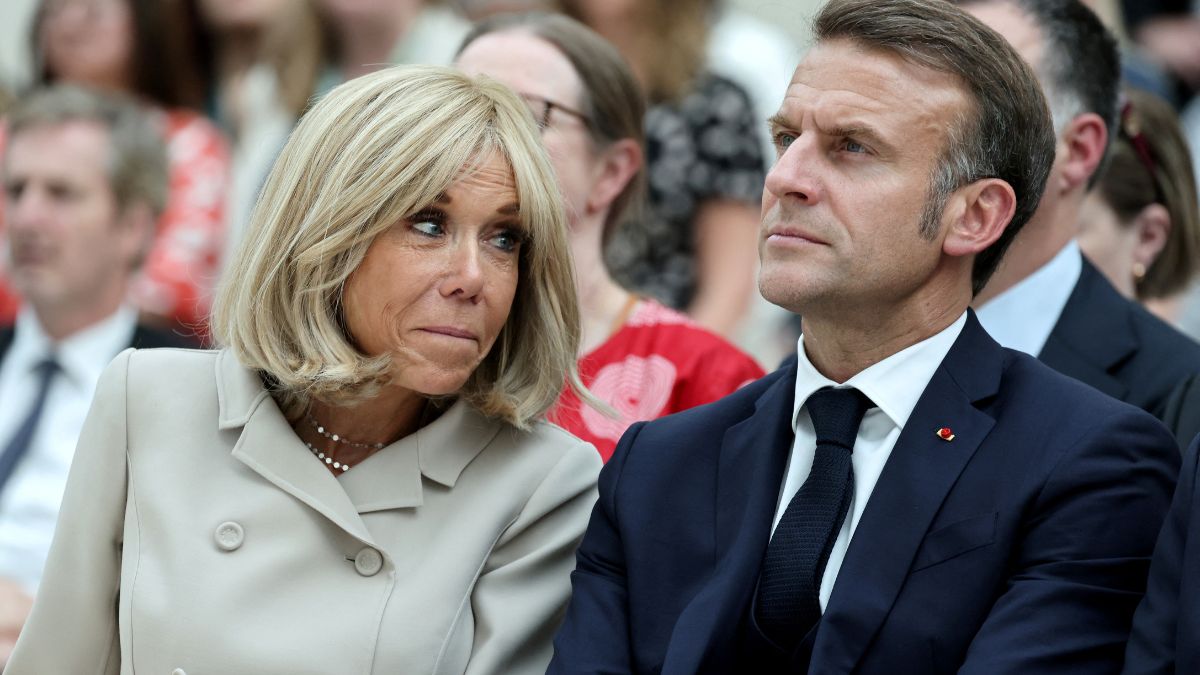)
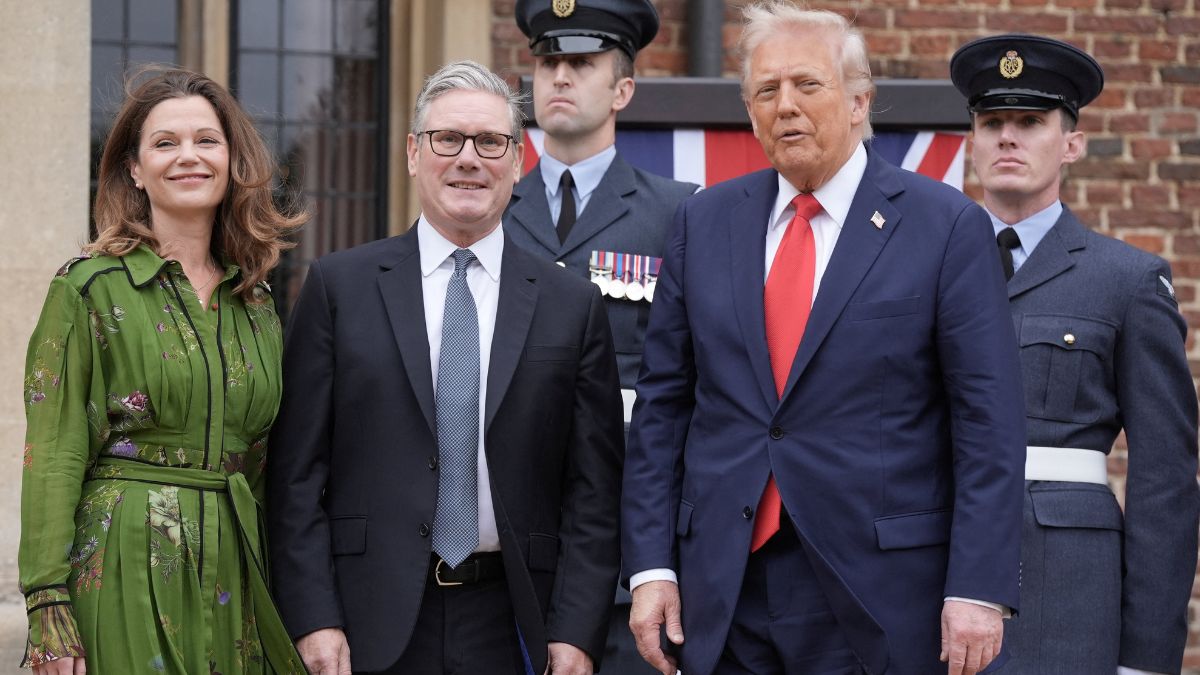)
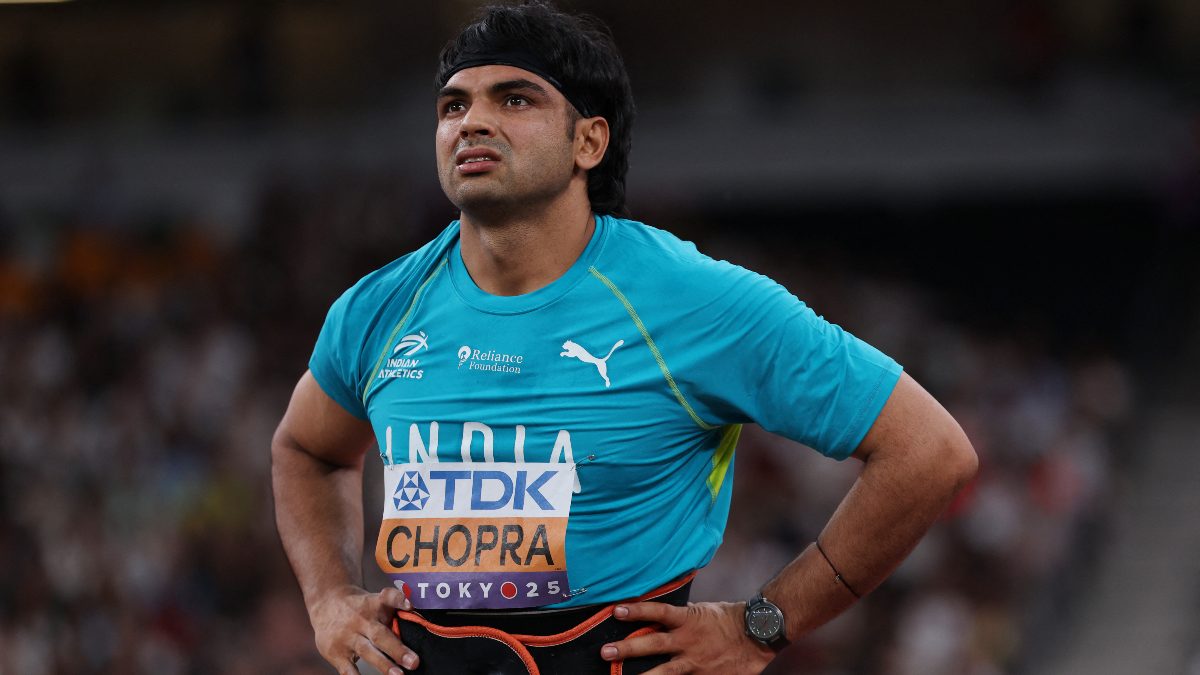)
)
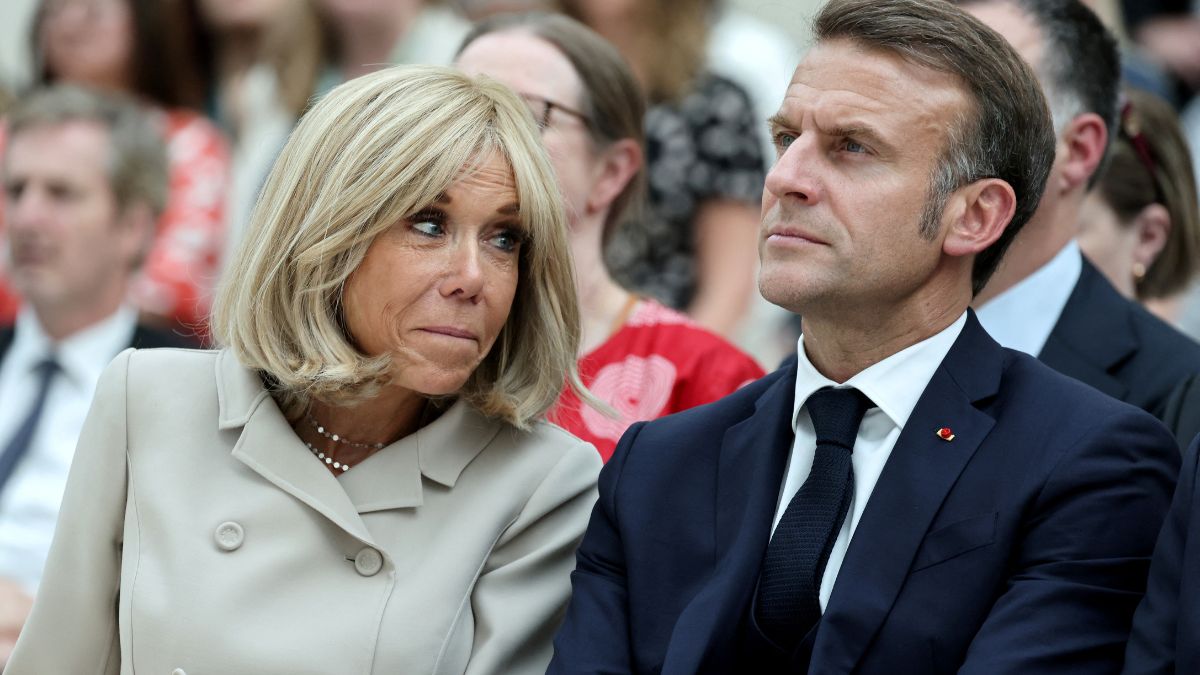)
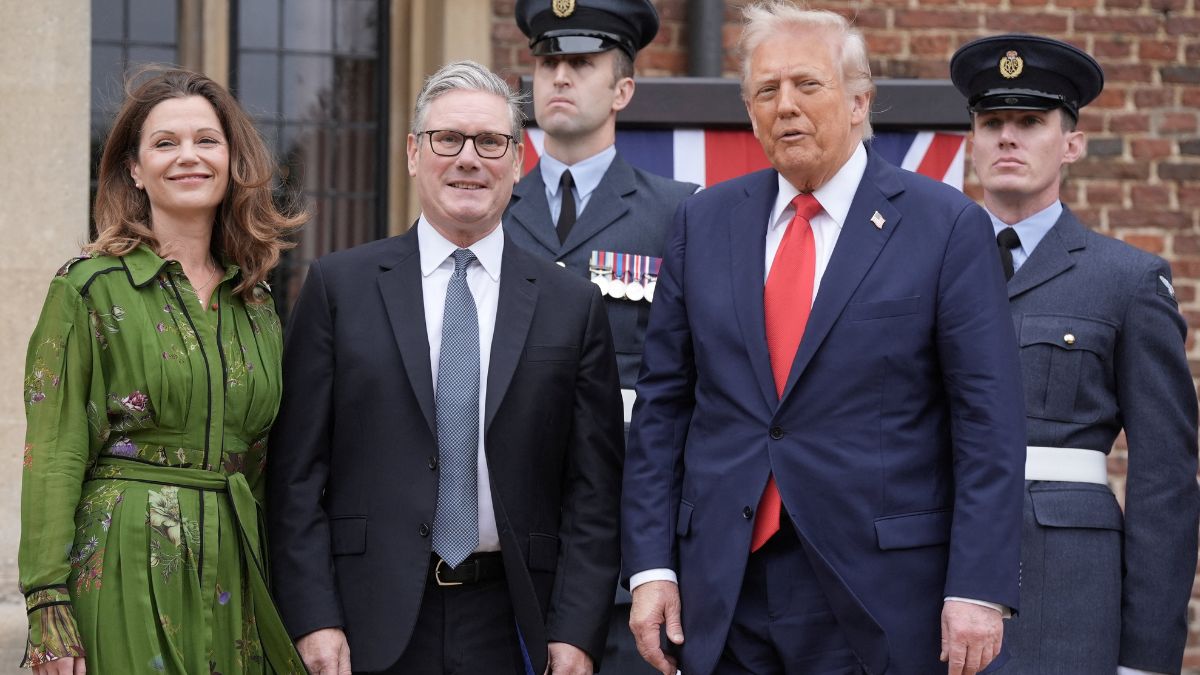)
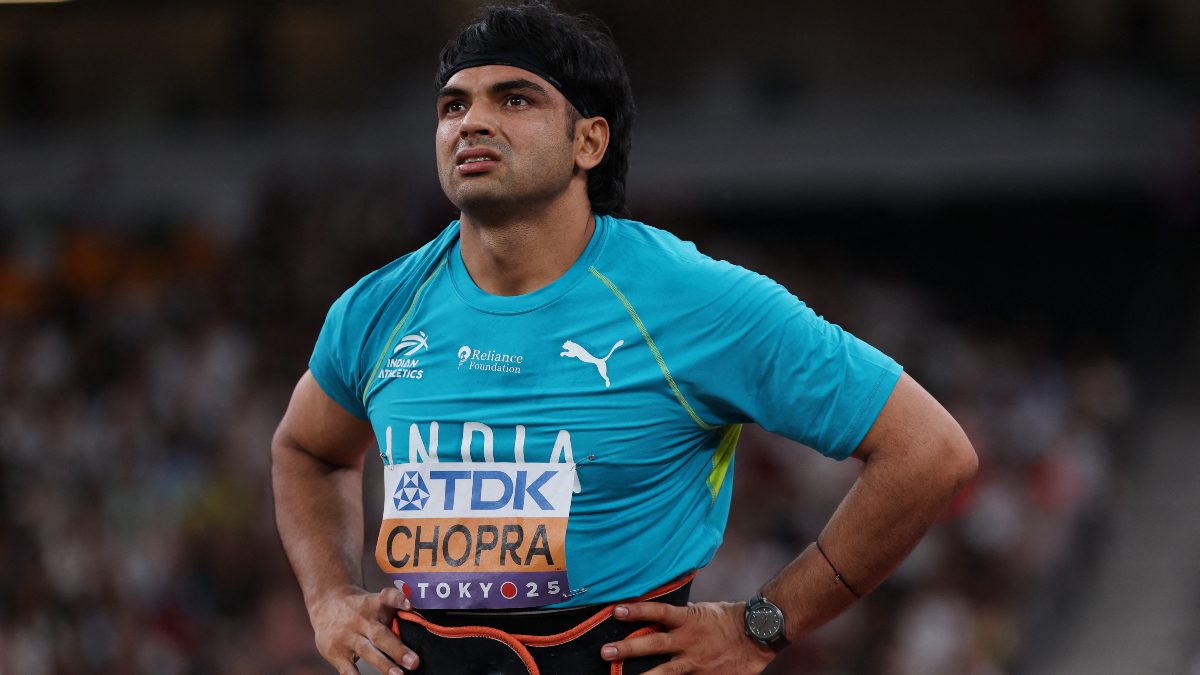)
)



